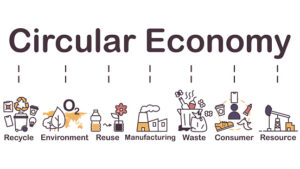Becoming a Courageous Organization
COURAGEOUS, LEADING ORGANIZATIONS release themselves from the illusion of control and predictability and encourage diversity. They embrace the mindset of change, being prepared not to be prepared.
The Covid crisis in the spring forced many of us to scramble to reinvent the way we do business. In June, together with Sekaten, we talked to 160 business people from around the world to better understand what they had learned from the crisis, how confident they were that they could continue to learn and adapt and what insights they had gathered about the changes needed in the way we do business.
Six systemic themes emerged from this dialogue, which we organized under the acronym ‘HEROIC’ or ‘Human, Empathetic, Role Model, Open, Innovation and Courage’. Today, I am going to discuss the sixth and final – being courageous.
“In business, courageous action is really a special kind of calculated risk taking.” (Reardon, 2007)*. The Covid crisis did not allow much time for calculation. However, the pure uncertainty of the current situation and what lies ahead forced us to take new risks in the way we interact with each other.
The value of this newfound courage to deal with the unpredictable and to prepare us for the unexpected was not lost on our 160 participants. They clearly see the value of diverse, flexible organizations where ‘command and control’ is a thing of the past.
The main themes that emerged during our eDialogue were the following:
- Let Go of Command and Control Command and control style is over. There is an awareness and understanding that the drive for forecasting, controlling and focus on financial performance belongs to the past and does not contribute to a sustainable world for all.

- Prepare Not to Be Prepared Develop the capacity to accept unpredictability, complexity and Open to uncertainty, leading organizations navigate through the unknown instead of running desperately after the predictable.

- Throw Away Ego and Greed Leading organizations embark on a journey from ego- to eco-centric world, from greed to generosity, from self-centric to people-centric interests.

- Embrace Diversity Leading organizations are inclusive – promoting gender and ethnic diversity. They understand the value of diverse ideas and viewpoints. They do not hire yes-men or ‘mini-me’s. They give opportunities to people with non-traditional profiles.
If you would like to learn more about HEROIC organizations and our study, please click on this link to download a copy of the report: The HEROIC REPORT
* Reardon, K.K. (2007). Courage as a Skill. Harvard Business Review, January. https://hbr.org/2007/01/courage-as-a-skill
A blog series by Anne Clark


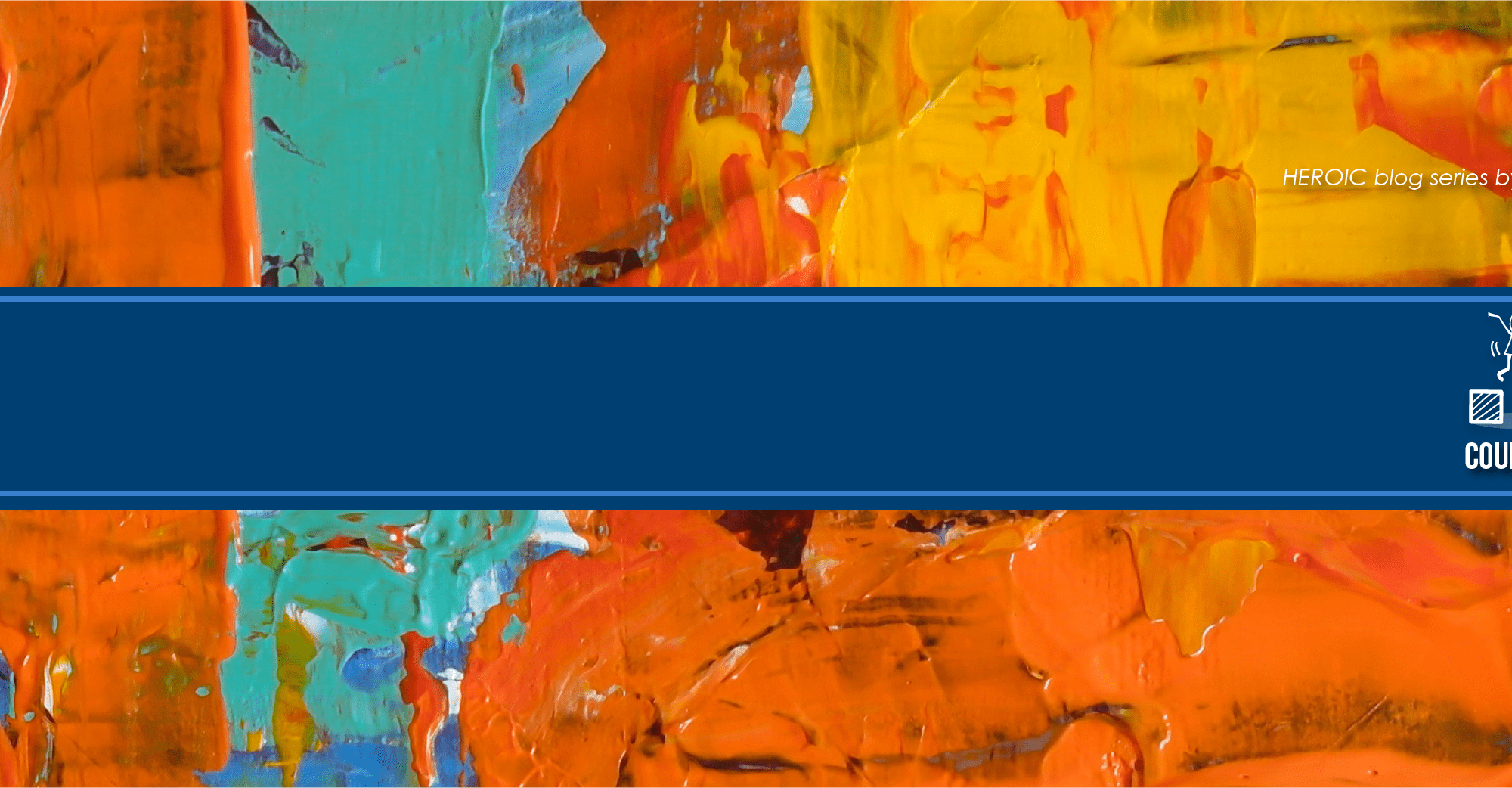



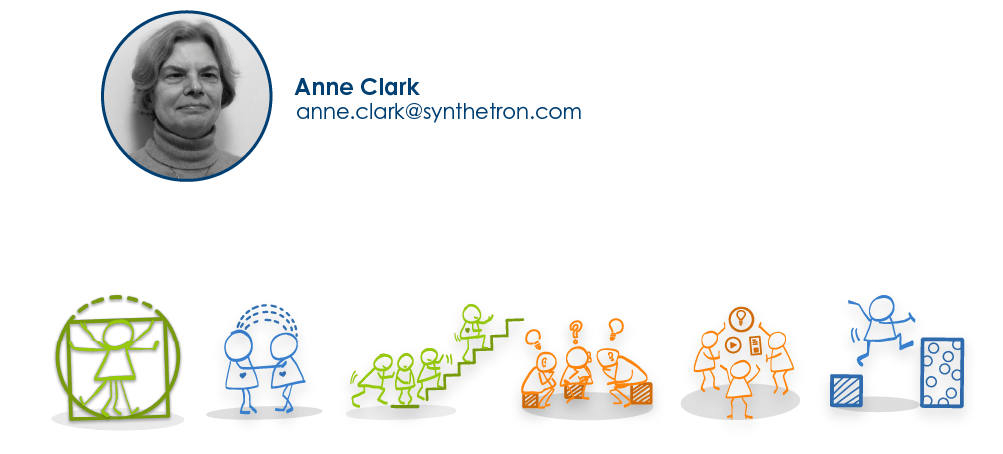
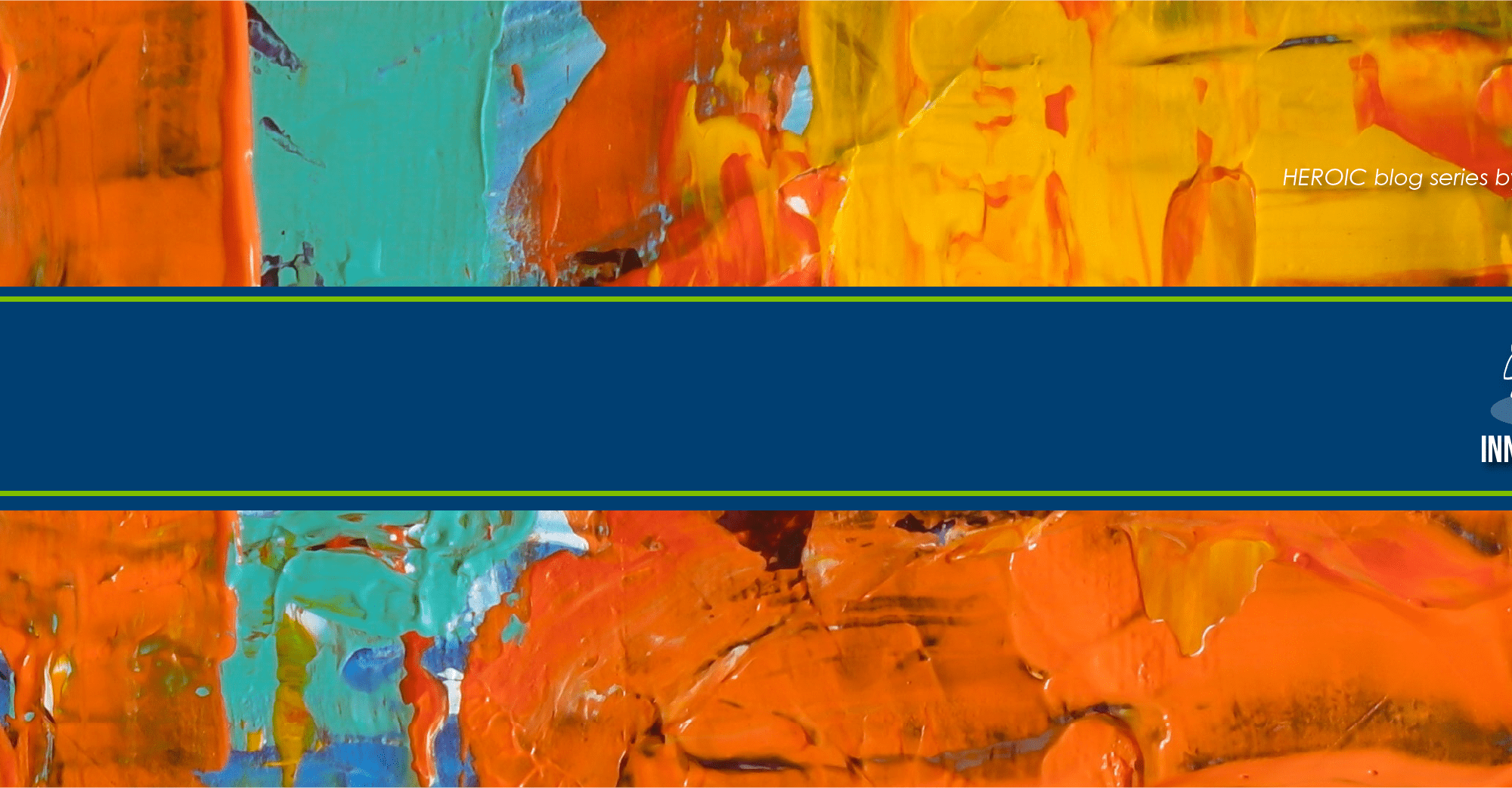




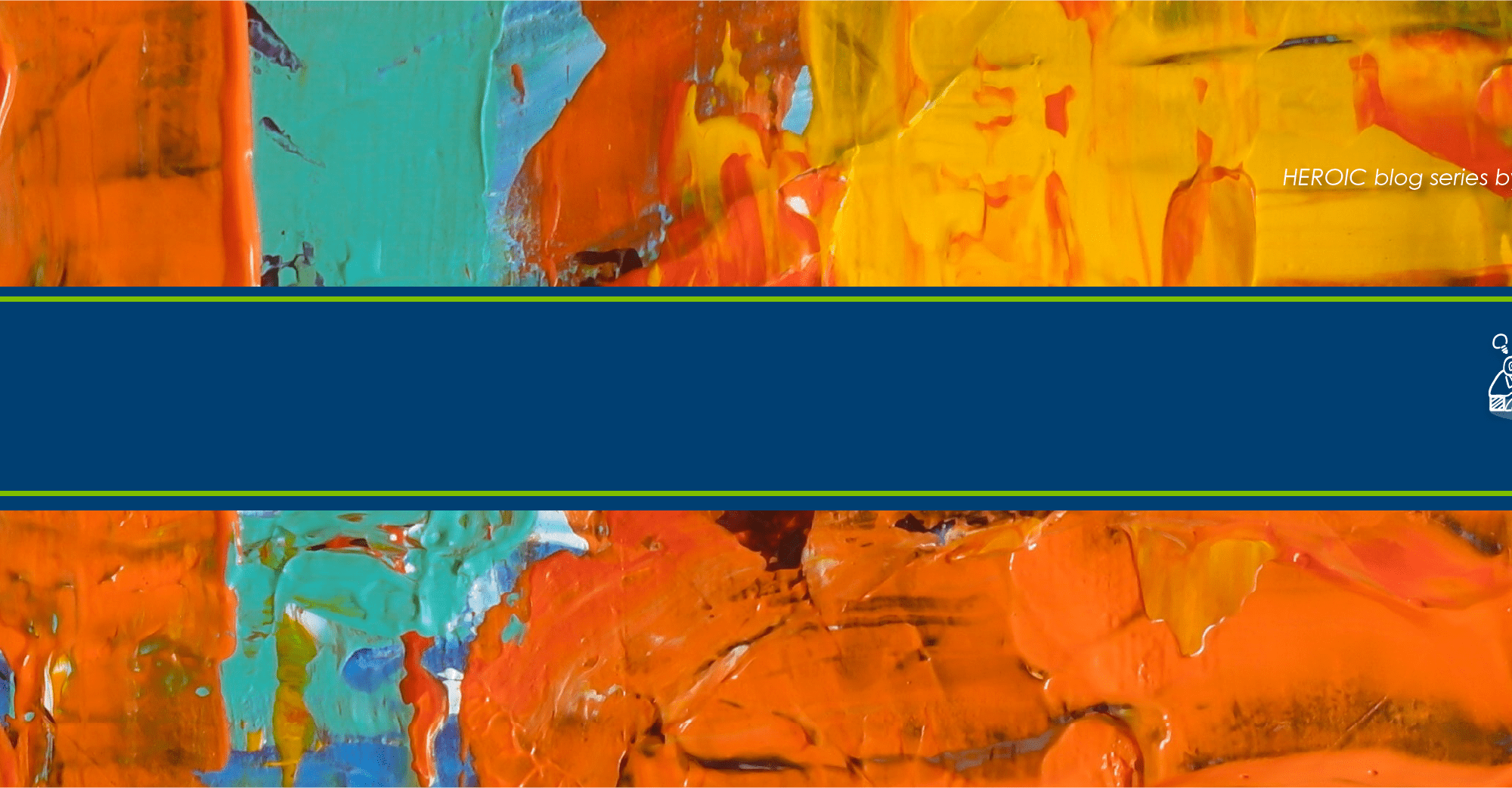




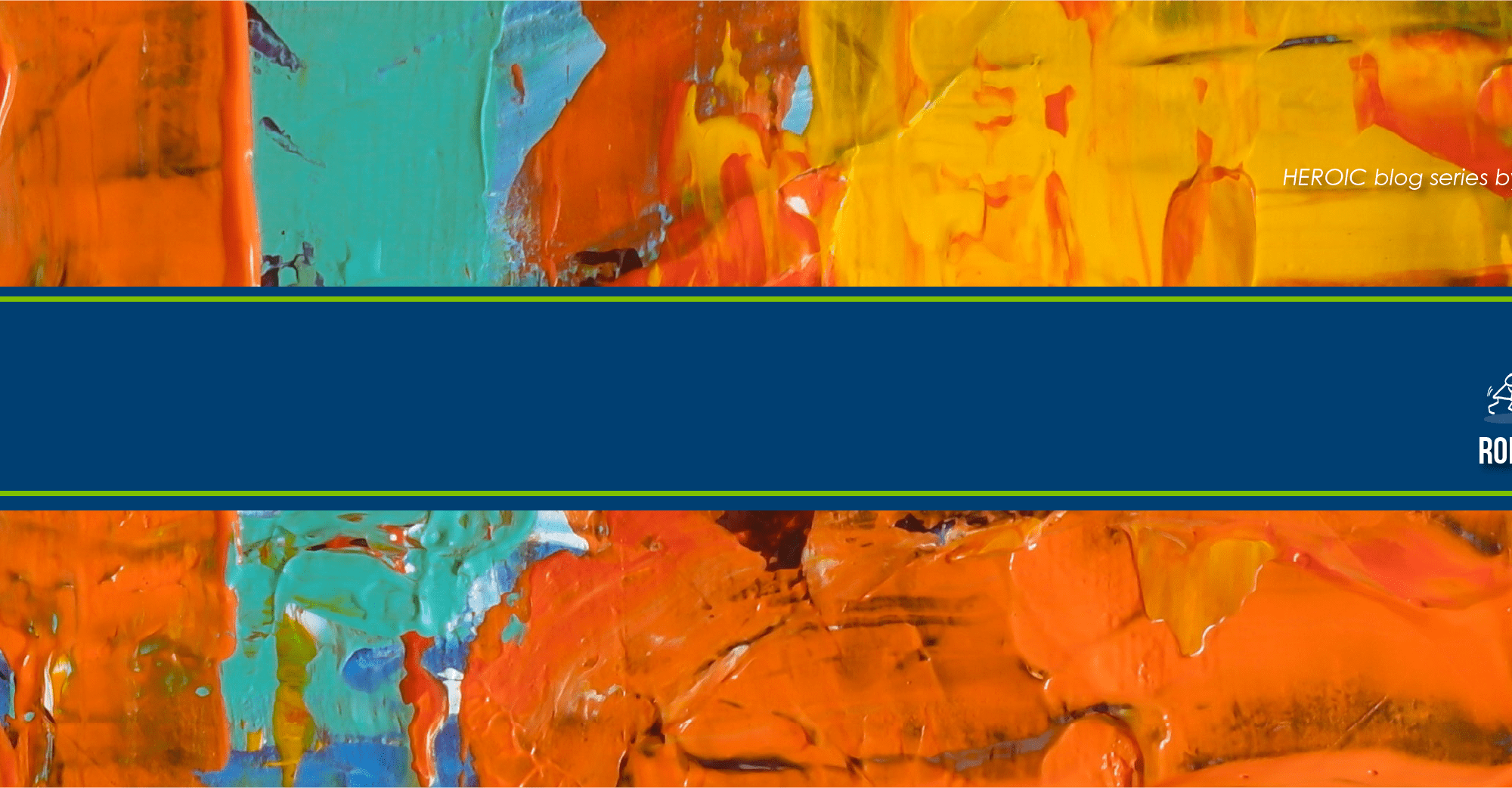




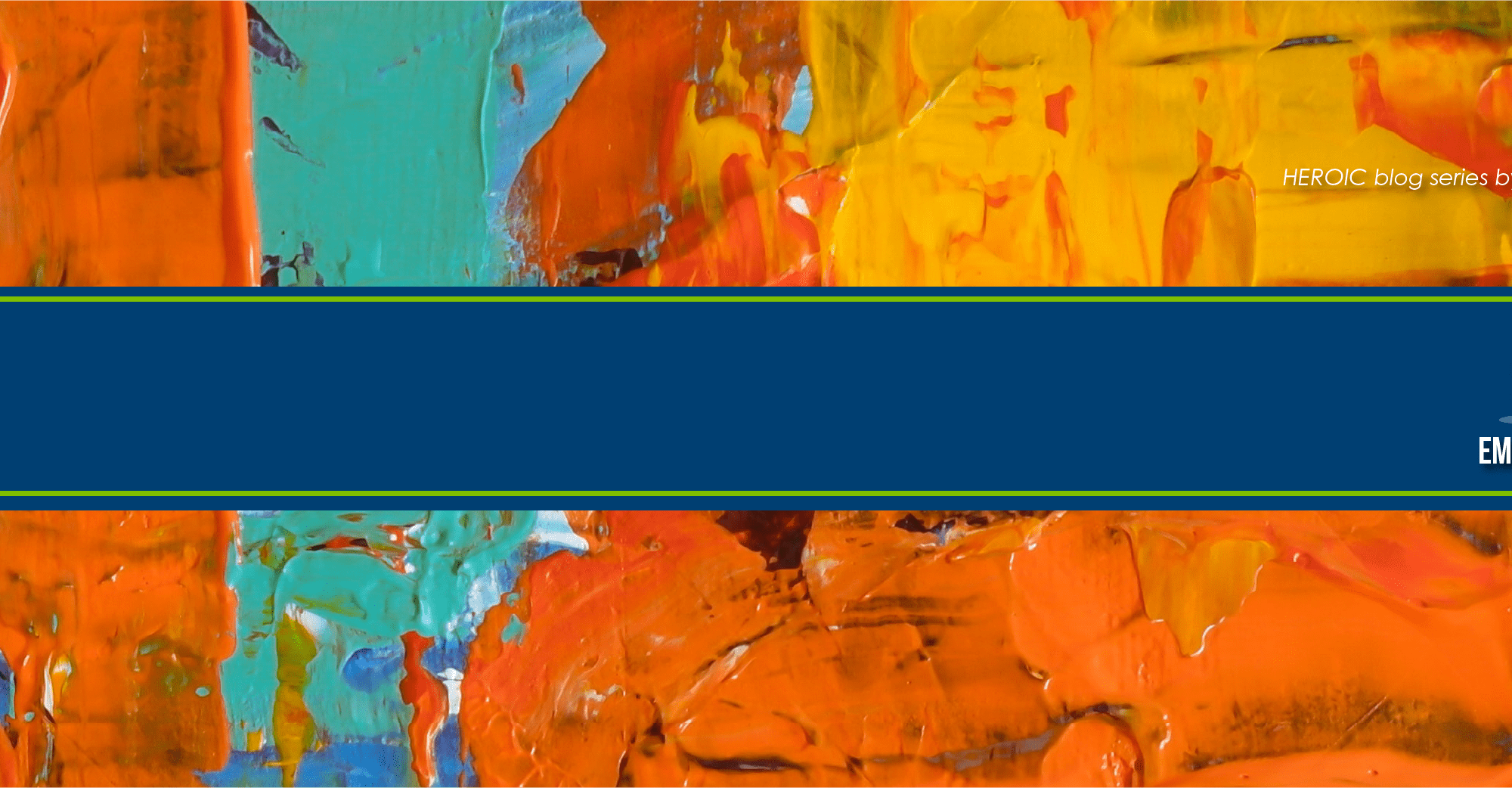





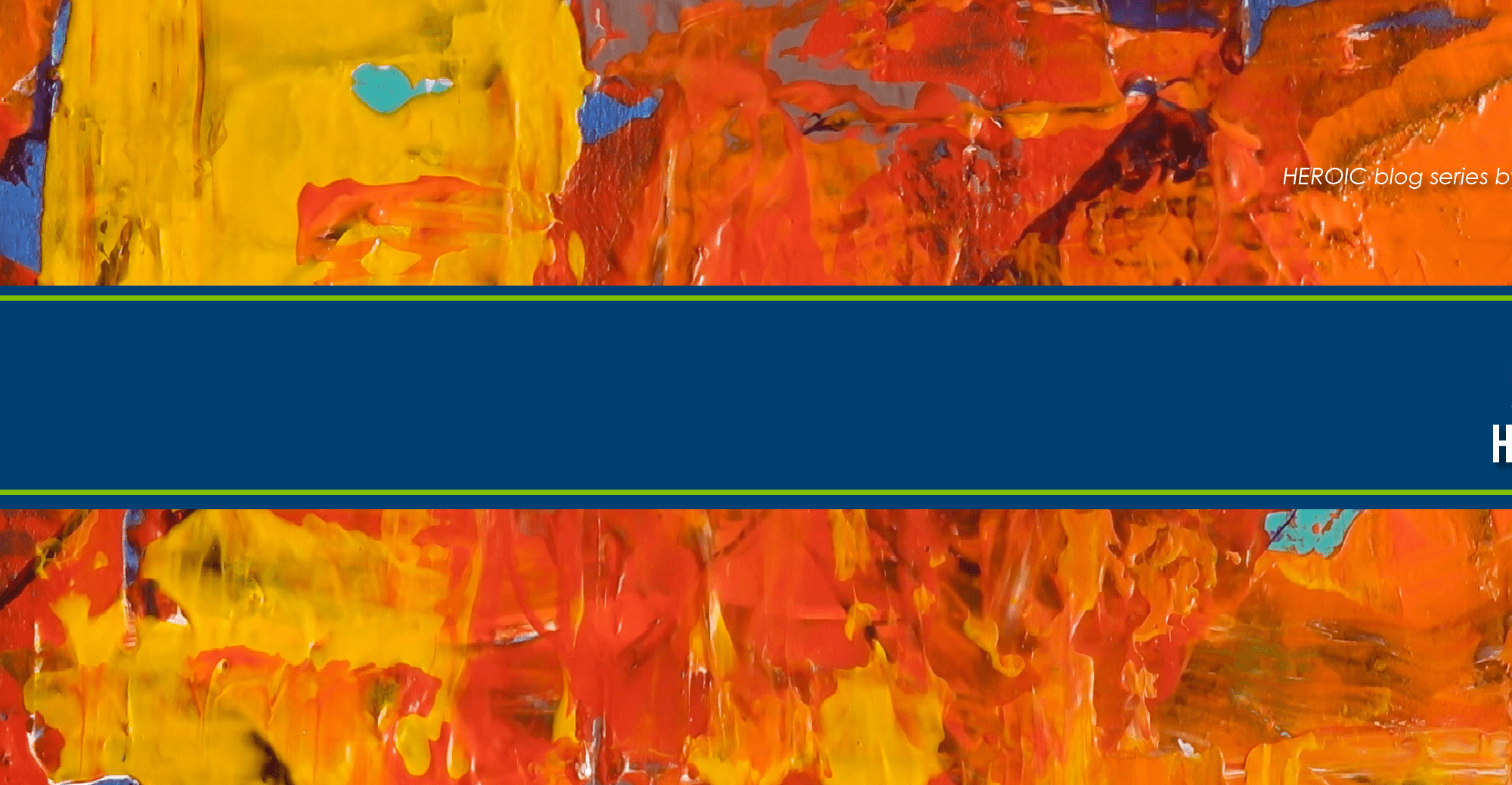










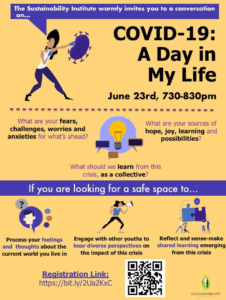
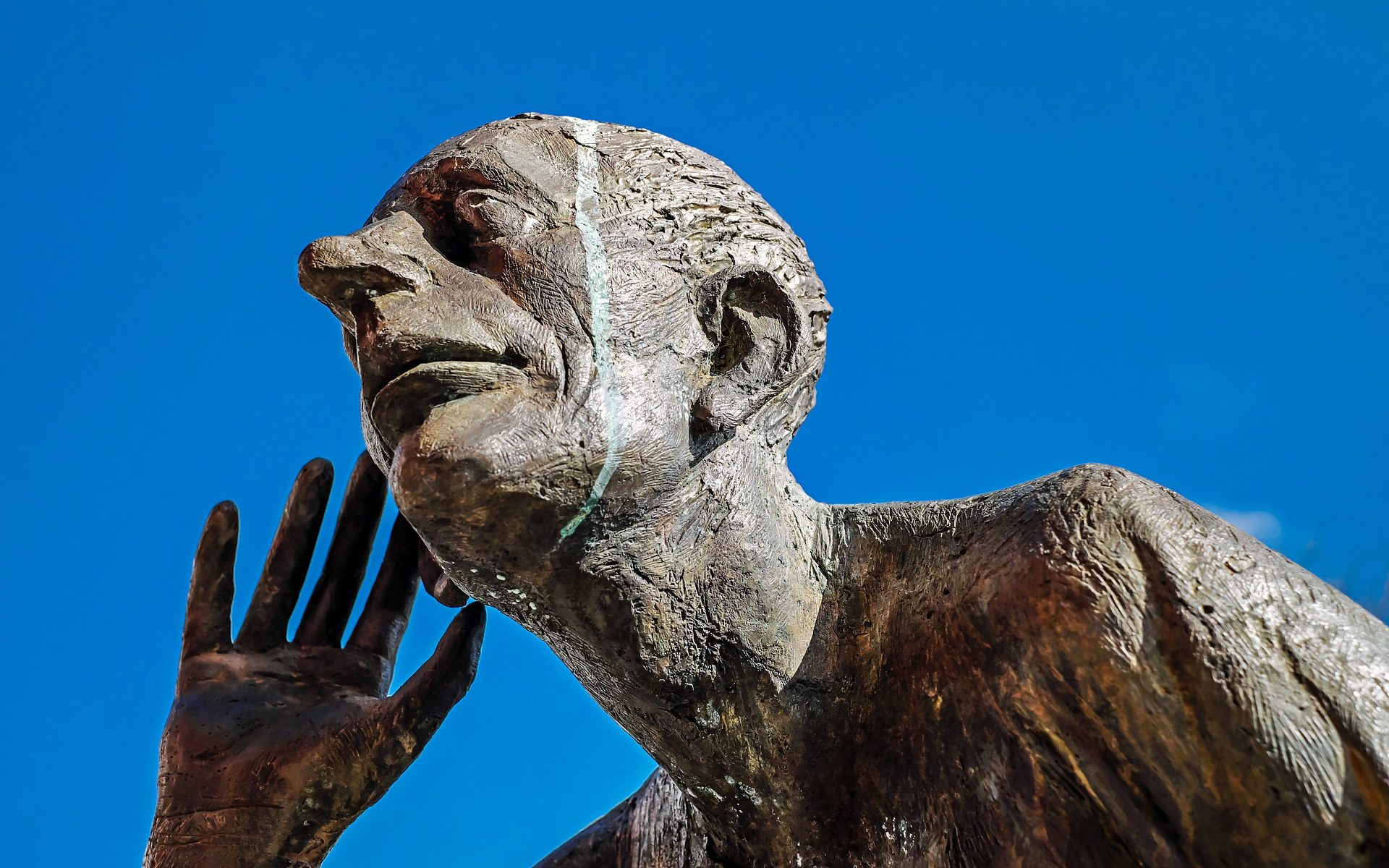
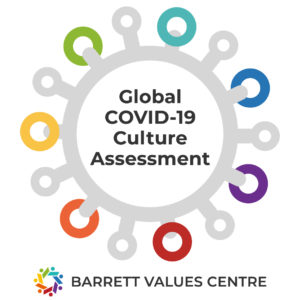
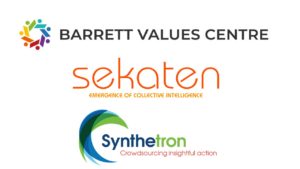

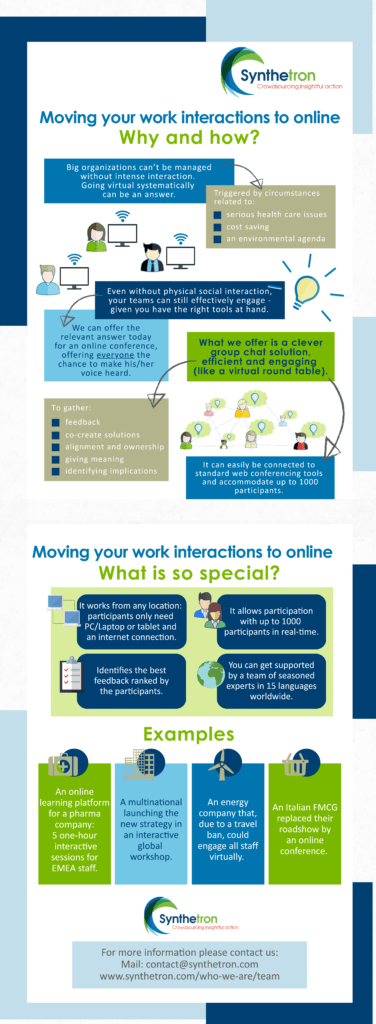 DOWNLOAD THE INFOGRAPHIC
DOWNLOAD THE INFOGRAPHIC


